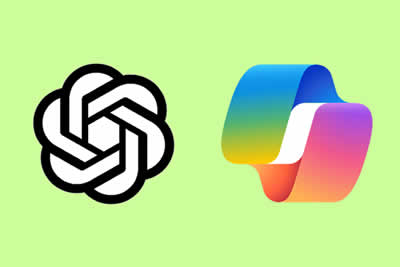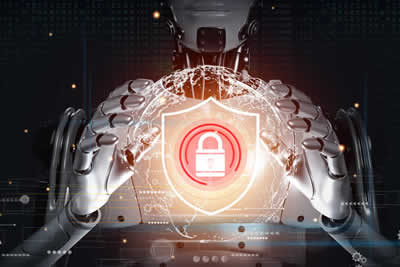As the digital world and the Internet become an ever-increasing part of everyday life, Virtual Private Networks (VPNs) are being used by many people -- not just IT specialists.
And the dramatic - surely unstoppable - moves by the education environment into the digital world has boosted the importance of the use of
Virtual Private Networks in education. In fact, in the context of the digital classroom, VPNs aren't a luxury ... but a necessity.

Where one online education was touted as a convenient option for its flexibility and low cost, it has now moved way beyond that, and now performs an essential role in serving a growing number of students looking to take their studies further. But security and freedom are often sacrificed for ease of use, and both can be solved by using a VPN.
This article is aimed at discussing their critical importance.
Understanding VPNs
A VPN is a service that allows a secure, encrypted connection over an unsecured network.
The initial purpose of this technology was to allow remote users to discreetly access corporate applications and academic resources. But over time, it has gained much wider use because of its strong security features.
Security and Privacy in Online Learning
VPNs provide a safe tunnel between the user and the internet, making sure that data is completely protected against eavesdroppers and cyber threats. They encrypt communication, so that sensitive information like login details, communication, and even browsing history are safe. Basically, a VPN protects your
digital footprint, which is, we'd say, critical for most people!
Secure Data Transmission
Secure data transmission is a major factor in academic research and online assignments. VPNs encrypt data, presenting it as garbled to unauthorized users, thus guarding the confidentiality of the academic process.

Bypassing Internet Censorship
In
areas with harsh internet censorship, VPNs can be a lifesaver. They enable students to bypass Geo-restrictions and reach materials that would otherwise have been blocked by regulatory authorities.
VPN Benefits in Remote Learning
Geographical content restrictions can impact some platforms. So, by utilizing a VPN for educational purposes, students can connect to servers in different countries, circumventing these limitations and gaining the flexibility to access a much broader range of content.
Problems With Not Having A VPN
To strengthen the case for VPNs further, if students don't use a VPN, they're at risk of data breach and maybe even identity theft. This is because learning in most educational facilities involve the sharing of personal data, making users attractive and easily-targeted victims of cyber attackers.

Reducing Limitations of Online Resources
Geographical constraints of online platforms can greatly limit a student’s opportunity to access courses outside their region. VPN has proved to be a viable solution, extending the range of usable educational resources.
Removing Privacy Concerns
Privacy concerns can become a strong deterrent to the uptake of online education. A VPN overcomes these by making the user's digital identity anonymous and therefore creating a safe online environment, where activities are made secure and private, and preventing possible security threats or breaches for all users.
Supporting Research and Education Portals
Research lies at the heart of higher learning. When students are permitted to connect to any server location, VPNs provide secure access to online courses, databases, articles, and other academic resources, thereby overcoming geographical or institutional limitations. And to access them, you need to know
how to change country on amazon app, and that’s where VPNs come in.
Conclusion
In the fast-changing world of e-learning, VPNs have moved from an advised practice to an essential one!
And because they provide a safe and free path to educational resources, they enable easy learning as well as solid security. With the continued digitalization of the educational sector, everyone needs to understand the importance of VPNs in creating a sustainable and secure online learning process.
In fact, they should be a universally used resource in making the world of e-learning a simpler, more productive and safer place.



























